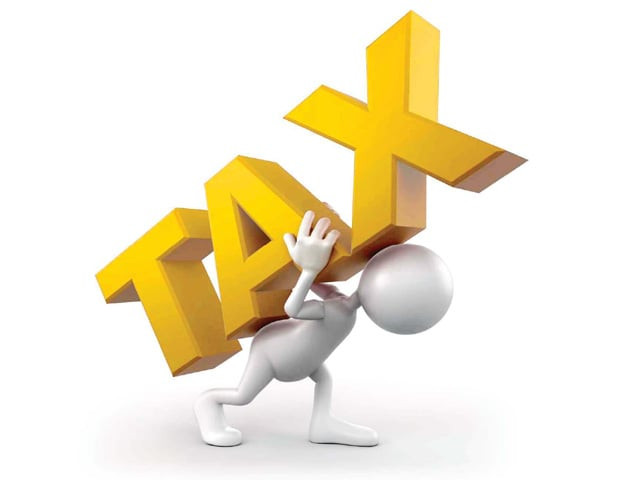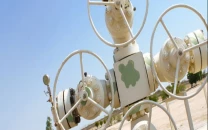Sales tax: Ministry retreats after lobbying
Tax rates lowered days after removing exemptions.

In a capitulation to intense lobbying pressure from export-oriented industries, the government on Friday lowered sales taxes from 17 per cent to between 4 per cent and 6 per cent on textiles, carpets, leather, surgical and sports goods, only days after having removed the tax exemptions for those goods.
The Federal Board of Revenue (FBR) notified the reduction in sales tax rates on April 1, only 17 days after it removed the sales tax exemptions on the local sales of these items.
The government also offered an amnesty scheme to these sectors for a period of three months in what it calls an attempt “to attract a transfer of investments from the grey to the white economy.”
The FBR had estimated that it would be able to collect Rs7.5 billion in taxes by removing the exemptions on these industries by the close of fiscal year ending June 30, 2011. It remains uncertain how much the government will be able to collect in taxes now.
The International Monetary Fund (IMF) has already raised doubts over the government’s ability to tax the wealthy, said a finance ministry official. The government levied total of Rs53 billion in new taxes on March 15 to minimise the gap between its soaring expenditures and an income shrinking due to the economic impact of the 2010 floods.
The FBR tried to make the case for its decision, but it did not help matters by quoting arguments first made by the All Pakistan Textile Mills Association (APTMA), the leading textile lobby, widely regarded as the most powerful in the country.
For instance, one of the major arguments was that the cash flows of major exporters would be eased by the tax rate reductions and exemptions, an identical case to the one made by APTMA, which suggested that taxing the textile sector would trap Rs528 billion of the industry’s capital in the tax refund system
The FBR also said that the sales tax exemptions to five major sectors has been revamped to facilitate exports.
Under the new scheme, registered manufacturers and exporters will not pay any tax. Unregistered entities will pay 6 per cent tax at the earlier stage of the manufacturing process and 4 per cent at the value-added stage, bringing the total liability up to 10 per cent for the end product.
In the case of textiles, for example, the 6 per cent tax would apply to unregistered companies up until the yarn stage and 4 per cent at the final stage.
“The industry fought for seven months to convince the government for coming to this arrangement,” said Gohar Ejaz, chairman APTMA. He said the new arrangement would discourage ‘flying invoices’ – a unique way of claiming fake refunds in connivance with the FBR officials.
Published in The Express Tribune, April 2nd, 2011.



















COMMENTS
Comments are moderated and generally will be posted if they are on-topic and not abusive.
For more information, please see our Comments FAQ